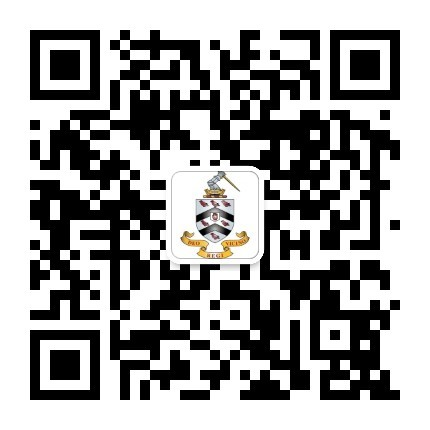Pre School
Bromsgrove School Mission Hills Pre School provides a unique bilingual inquiry based curriculum for students to learn and progress through play. We believe that Pre School is not merely a preparation for life but is life itself for the Pre School child.
Pre School
-
Curriculum Overview
We believe that children deserve the best start in life and the support that will enable them to reach their potential. We also believe that every child has a unique set of strengths, interests and needs and it is our duty as educators to cultivate their strengths and interests and address their needs. Every child is viewed as competent and capable, full of potential and active in constructing their own knowledge. We treat our children as citizens with rights to participate in our society. Young children have an enormous capacity to learn. They develop very quickly. In order for learning to be maximised it is critical that they are not only immersed in a secure and happy environment but in a stimulating and positive one as well.
The approach or pedagogy used to deliver the curriculum consists of a balance of inquiry, play, guided instruction and explicit instruction. In addition, the traditional virtues that the school has identified will serve as a building block to guide children as they learn valuable lessons about the intricate relationship between the learning process, self-development and the importance of establishing a sense of community within the school.
Our Pre School uses ‘Chinese Kindergarten Guidelines for 3-6 Year Olds’ and the British EYFS as the curriculum framework. It brings together the world's excellent educational resources and integrates Chinese culture and educational traditions to develop a unique ‘East meets West’ curriculum, aiming to nurture children with multicultural awareness, good personality and moral character, fluent Chinese and English, gradually enhanced thinking ability and inner drive for lifelong learning, thereby helping them seamlessly progress to primary school and enable every child to grow up naturally and become their best self.

-
-
The Learning Areas
Personal and social development involves helping children to develop a positive sense of themselves, and others; to form positive relationships and develop respect for others; to develop social skills and learn how to manage their feelings; to understand appropriate behaviour in groups; and to have confidence in their own abilities.
Language development involves giving children opportunities to experience a rich Chinese and English language environment; to develop their confidence and skills in expressing themselves; and to speak and listen in a range of situations. Children will also link sounds and letters and will begin to read and write.
Mathematics involves providing children with opportunities to develop and improve their skills in counting, understanding and using numbers, calculating simple addition and subtraction problems; and to describe shapes, spaces, and measures.
Science and Technology involves guiding children to make sense of their physical world and their community through opportunities to explore, observe and find out about people, places, technology and the environment.
Health and Physical Activity involves providing opportunities for young children to be active and interactive; and to develop their coordination, control, and movement.
The Arts involves enabling children to explore and play with a wide range of media and materials, as well as providing opportunities and encouragement for sharing their thoughts, ideas and feelings through a variety of activities in art, music, movement, dance, role-play, and design and technology.
-
-
Chinese and English Mastery
We believe that meaningful and early exposure to more than one language provides our students with advanced cognitive development. Language instruction is not taught in isolation but is a natural part of everyday interaction. All students will pursue a blended programme taught in both Chinese and English. Bilingual mastery of Chinese and English is the goal for every student. The time devoted to each language is dependent on the age of the student with a gradual shift as the student advances from the Early Childhood programme, to the Prep School and beyond.
In the Pre School Programme (K1 – K3) we aspire to a balance of Chinese/English instruction. Children may opt to revert to their native language during play and social times and we do not discourage this as it is through language that children also develop relationships and thoughts, which we seek to nurture. At the same time, we encourage children to use specific languages for certain activities by careful modeling, linguistic structures and adult support on an ongoing basis as well, with the aim of building their competencies in moving fluidly between their two languages. These approaches are connected to Translanguaging, which underpins our bilingual pedagogy at BMH.
In our Pre School, each class is equipped with an expat teacher who takes care of the class throughout the day. The whole-day English learning environment provides a unique advantage for immersive English teaching. Our expat teachers are not only responsible for teaching English lessons, they stay with children throughout the day and engage in all aspects of children's school time: from daily communication, to in-depth exploration of various areas of learning with children, to running with children and enjoying the good time of outdoor learning. It is in this type of learning environment that children easily master the English language and can use it with ease unconsciously. we set up three tailored and systematic courses to provide comprehensive English learning for our children. These three courses are Phonics, Guided Reading and Talk for Writing. These three English learning courses are all approved by the British Ministry of Education. Standardised and authentic English learning can ensure that children's learning is rigorous and formal.
-
-
Inquiry Approach
At a very young age, infants and children naturally begin the process of learning through a practice known as inquiry. They have a spontaneous desire for exploration. They gather information and data through applying the human senses – seeing, hearing, touching, tasting and smelling. However, some traditional forms of teaching discourage the natural process of inquiry. When these approaches are used, as students grew older, they became less willing to ask questions. Too often they are only called upon to repeat the expected answer.
In our Pre School, we believe that inquiry is a critical building block in the process of learning. Inquiry places emphasis on the development of inquiry skills and attitudes that will enable individuals to continue the quest for knowledge as one gets older and throughout life. Memorising facts and information is not the most important skill in today's world. Instead, we want the young children in our Pre School programme to have a greater understanding of how to obtain and make sense of the information. At a very young age, through this focus on inquiry-based learning, the students will begin to develop critical thinking skills. They will begin to "work smarter" and will be called upon to share or communicate their findings with their fellow students.
Inquiry is at the heart of the programme and allows for integrated learning across a range of curricular areas wherever possible. The programme allows for new units to be explored within each Quarter of the academic year, with a balance across key areas of English, Math, Science, the Arts and PE. Play-based learning provides an engaging and authentic environment for students to explore into concepts and interact with others naturally. Inquiry Cycles drive planning and allow for student agency within each unit as teachers and students work together through a variety of meaningful and reflective processes, to unpick lines of inquiry and delve into the Big Idea that underpins each unit.
-
-
Learning through Play
"Play is the highest form of research." (Albert Einstein)
Play is essential for children's development. For young children at the Pre School level, play is a vehicle for learning. It provides opportunities for learning in a context in which children are at their most receptive. They learn to explore and to think about problems. Play inspires creativity, builds confidence and helps young children acquire problem solving and language acquisition skills. Research demonstrates that play-based learning leads to greater social, emotional, and academic success. When children are acting out roles, or manipulating objects they are engaged in learning through play.
In our Pre School, children will have many opportunities to initiate learning and play, as well as take part in more structured play-based learning under the guidance of our experienced teachers.
Children will be provided with large blocks of time and ample space to play and work in our carefully curated learning environments which are filled with carefully placed and planned provocations. The provocations that are created engage students in developmentally age appropriate play, based on their interests and needs. The provocations that are set up by our teachers allow for the holistic integration of all learning areas into playful learning and routines. -
-
Facilities
We have 13 large open-plan classrooms, an extensive library, multi-purpose atrium, Music and Dance Room, PE spaces and 2 Ateliers.
An Atelier is a space for children to encounter interesting and attractive experiences where they can explore diverse materials and techniques that have expressive qualities. An Atelier is a unique space for our students to express one of their many languages. Children can enjoy spending time in our Clay Atelier where they can enjoy being guided by our Art Teachers from the Prep school. We also have a light and dark Atelier where children can investigate and explore the many qualities of light and dark.
We are fortunate to have a large secure, partially covered outdoor play-space and an array of equipment for children to explore including: all-weather covered sandpit complete with a sand kitchen, outdoor recreational playground, fixed and mobile climbing equipment, flower and vegetable garden, and a stage area.
The Pre School offers a vibrant, exciting and nurturing environment in which young children can thrive. -
-
Classroom Organisation and Timetable
- Pre-K: students must be 2 years old before 1st September on year of entry
- K1: students must be 3 years old before 1st September on year of entry
- K2: students must be 4 years old before 1st September on year of entry
- K3: students must be 5 years old before 1st September on year of entry
- Full Day Programme: 8:30-15:30
- CoCurricular Activities: 15:30-16:30
The School day officially begins at 08:30 and ends at 15:30. Students can begin arriving at 08:00 for supervised playtime and begin leaving from 15:30 onwards. CoCurricular Activities are optional and offered on most days of the week.
-
Experiential Learning
We believe in children being active, not passive, learners, engaging in the world around them and enhancing their natural curiosity. Our teaching and learning approaches in the classroom mirror this every day, with children provided meaningful opportunities for developing their skills and applying their knowledge. Rather than give our students endless worksheets or ask them to follow text books, page by laborious page, we will inspire them with real-life opportunities in the classroom; through role play, taking actions and offering service to the community based on their inquiry units and giving time to explore their own questions and wonderings about the world. This extends beyond the classroom as we want to make the most of the wonderful community and city in which we live. Here are a few of the trips our students take regularly, all within 10 minutes of our school:
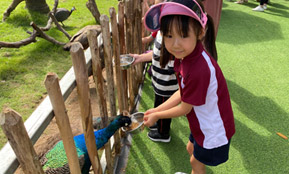
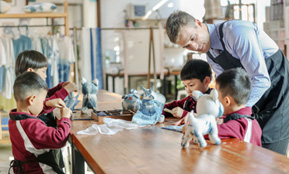
- Visit to the Terra Art Ecological Park to care for the farm animals; this amazing Eco Park acts as a second classroom for our students, extending their learning in a natural environment on a regular basis;
- Visit the wonderful Arts and Crafts Factory on our school site; we are uniquely placed to access this wonderful resource, which sows the seed of science and fosters creativity through its experiences such as paper making and pottery.
- Attend workshops at the famous Guanlan Printing Factory; building connections with our local heritage as well as traditional art forms.
- Go on local walks within the resort to appreciate the natural beauty around us; Mission Hills is the 'oxygen bar' of China with abundant greenery, flora and fauna.
- Use Mathematical skills to go on excursions to local shops and banks to investigate money and how to apply simple mathematical skills in daily life.
- Pop down the road to the famous Mission Hills golf courses to hone their skills on the greens; in addition to our regular golf lessons, our students can regularly access the practice courses in the resort.

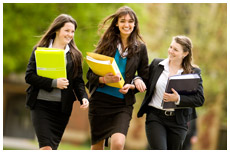
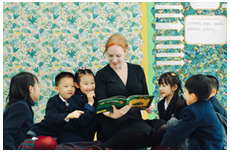
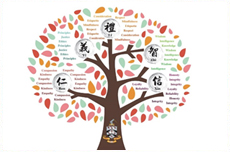

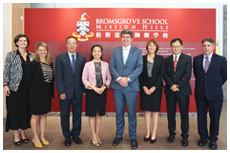
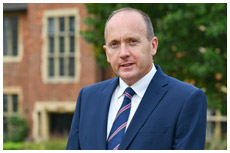
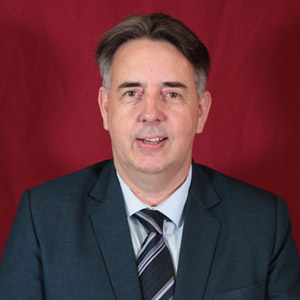
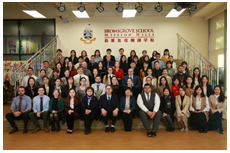
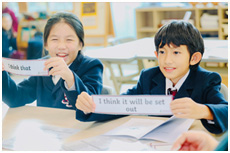
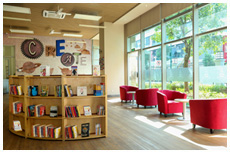
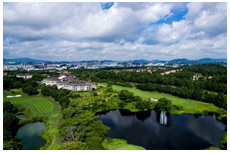
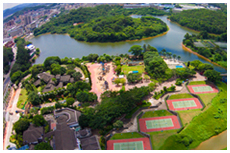

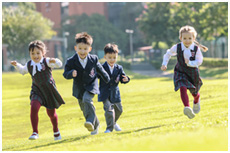
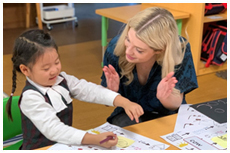
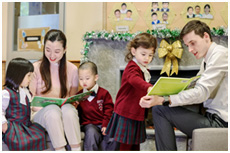

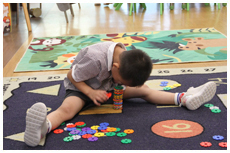
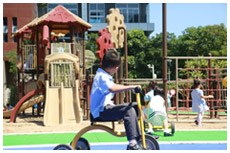
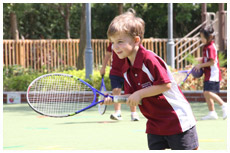
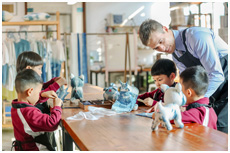
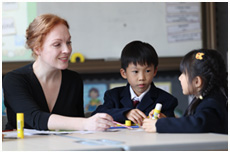
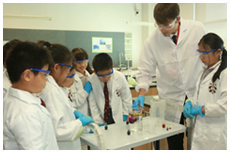




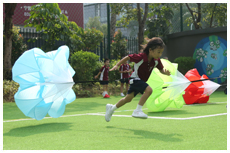

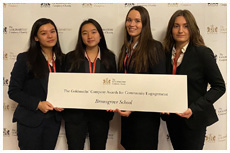
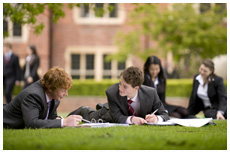
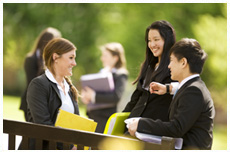


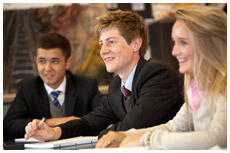
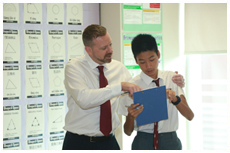
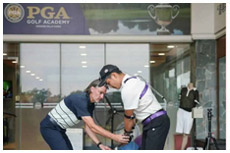
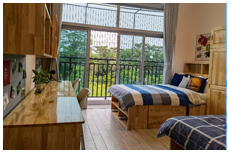

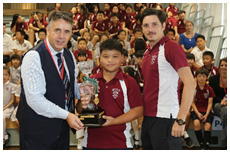


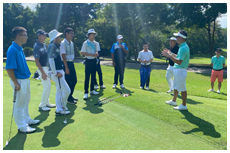
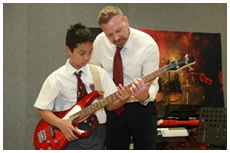
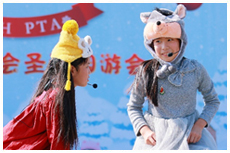

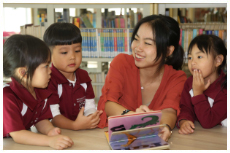


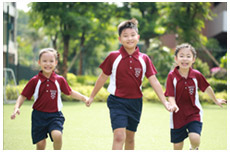
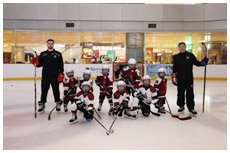
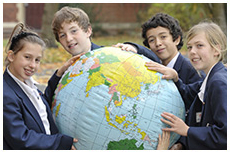
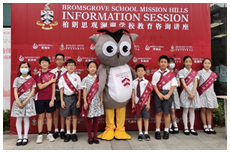

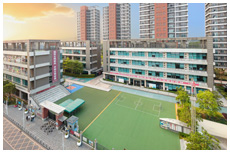





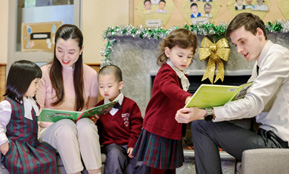
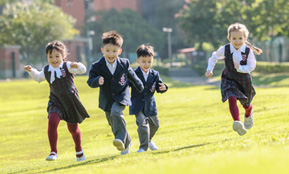
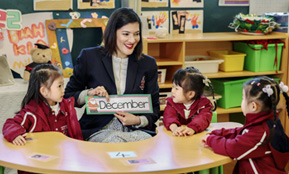
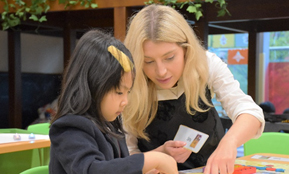
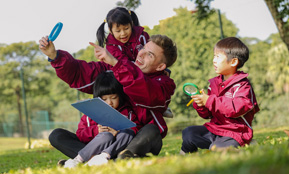
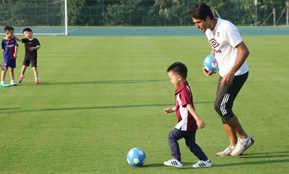
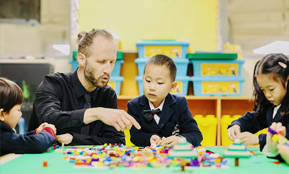
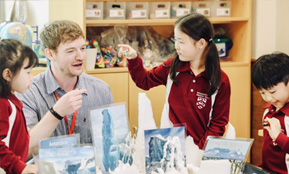
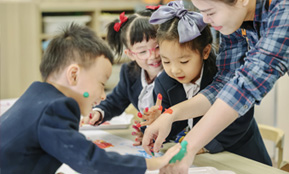
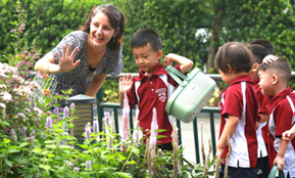
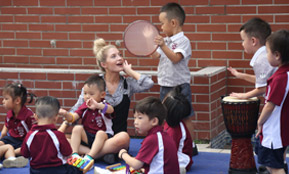
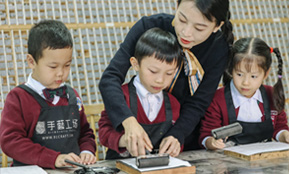
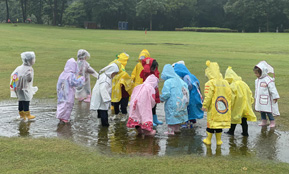
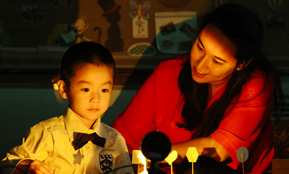
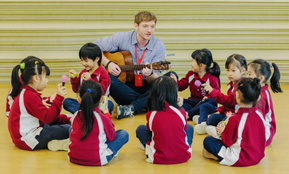
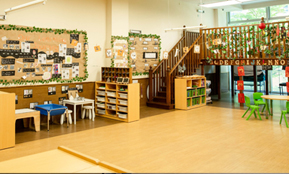
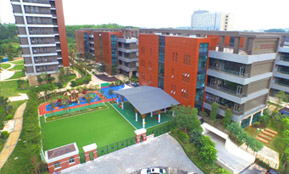
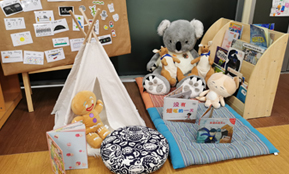
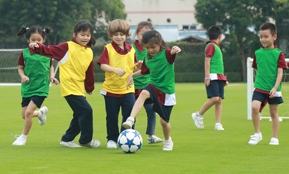

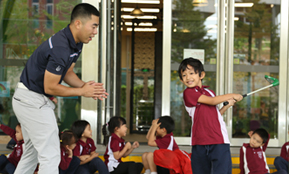
 粤公网安备 44030902001915号
粤公网安备 44030902001915号
